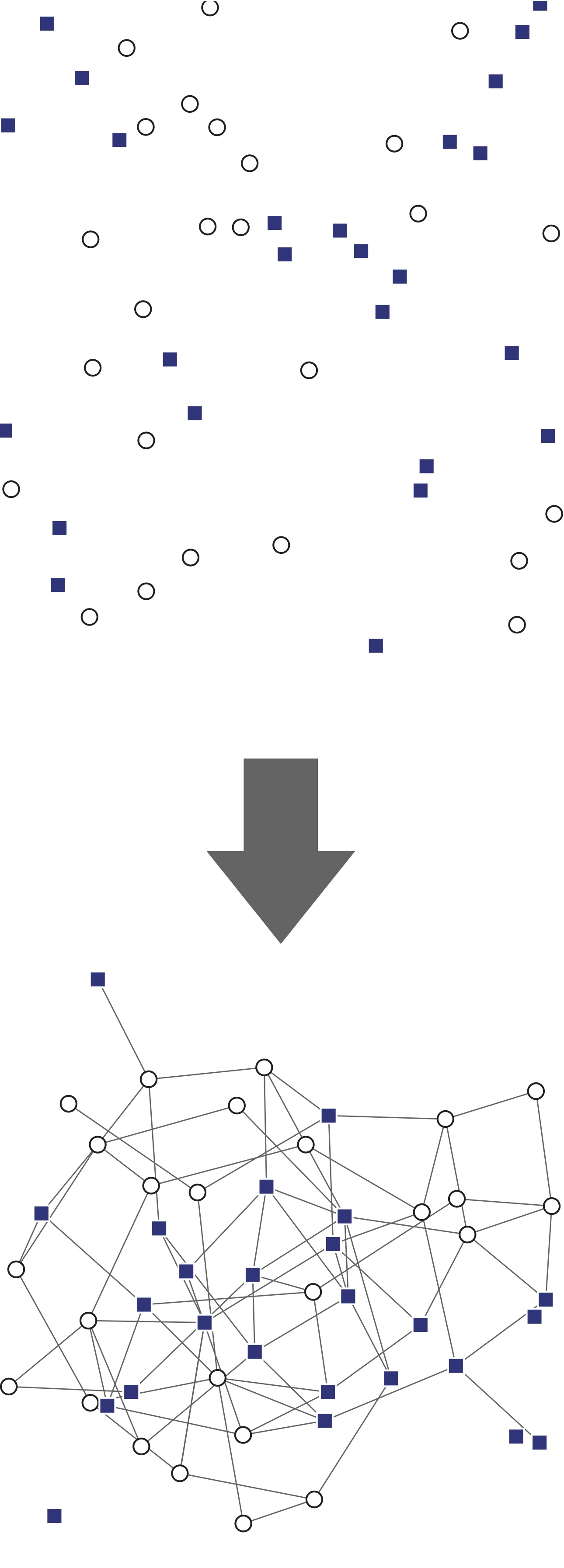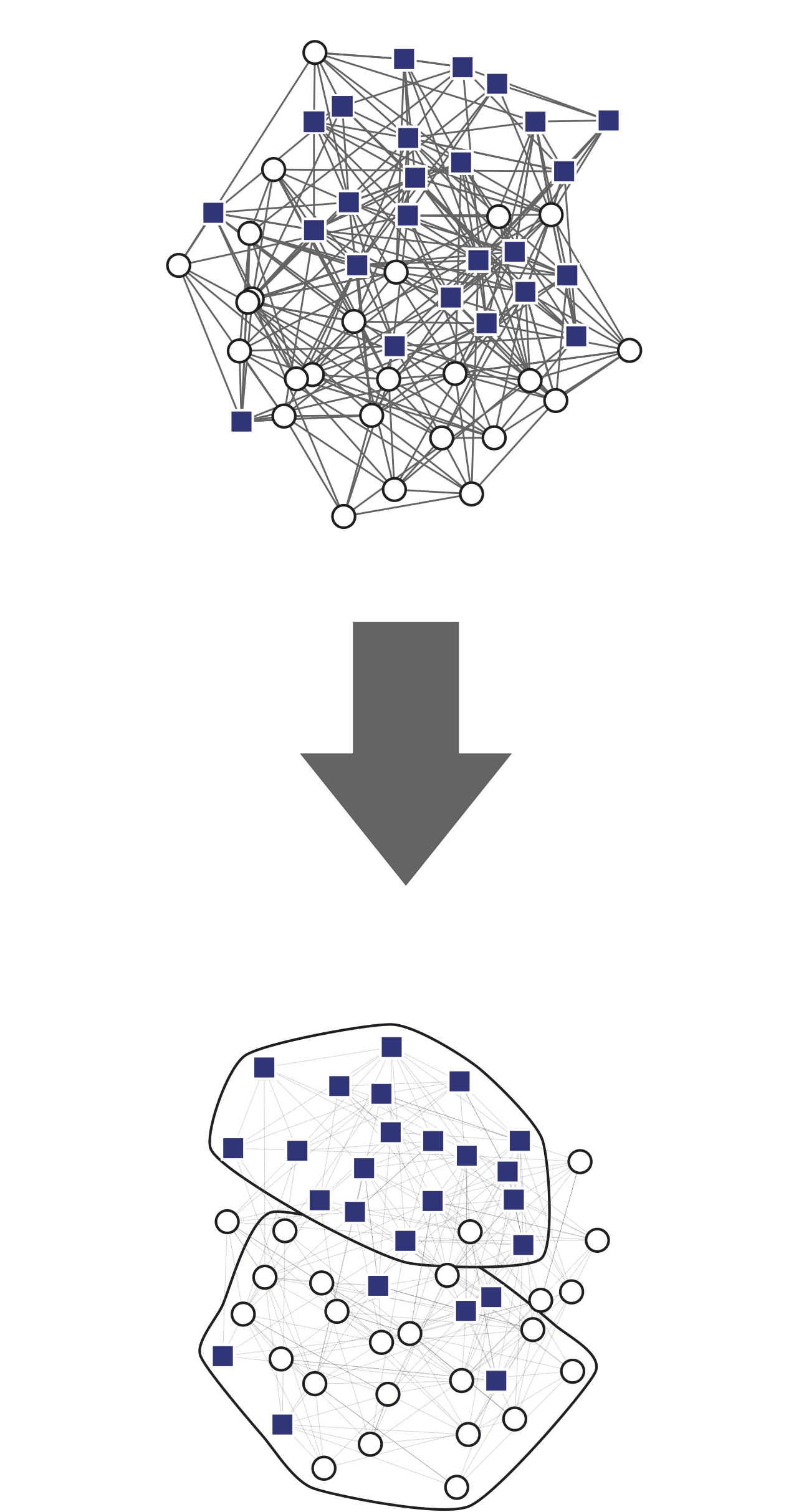My work builds on Allport's (1954) famous contact theory, which states that personal contact between members of different groups will generally improve their attitudes towards each other's group. Taking a social-psychological perspective, my focus is on the processes underlying the contact-attitude link. I'm particularly interested in the questions whether, and if so, how the social network, in which contact takes place, affects people's attitudes about other groups. Being a sociologist at heart, I get most excited about the generalisation of these individual-level processes to group-level outcomes.
I investigate the processes that take place within ethnically diverse social networks to explain interethnic attitudes, the development of ethnic identities, discrimination, and ethnic segregation. My current work focuses on three related research areas: 1) improving the methodology to measure social networks, (2) understanding how social networks affect the development and spread of prejudice (and vice versa), and (3) revealing the link between social networks and the (mis)recognition of ethnic/national identities.
More details on my research areas
(1) How to improve the measurement of social networks?
In a series of papers together with colleagues from Germany, I have explored how we can advance existing methods to assess social networks. Together with Jon Krosnick, I have also developed interactive software (see link "software") to measure egocentric social networks. Together with Tom Nijs and Zsofia Boda, I'm currently developing a new graphical software to collect whole network data and egocentric network data with smartphone surveys. All of this work builds on my interest in survey methodology, a closely related field in which I continue to publish papers on other topics (e.g. social desirability bias, response effects).
(2) How do social networks affect attitudes, ethnic identities and vice versa?
Research based on Allport's contact theory has well establish that having more friends from other racial groups lead to less prejudice. This research has largely overlooked that friendships are not independent from each other but are part of social networks. Who your friends are affects your attitudes, but also how you identify yourself. Moreover, your attitudes and your self-identification affects your choices whom to befriend. I study the link between the structure of social networks and people's attitudes and identities.
(3)In my ERC consolidator program, I focus on people's perceptions of others' identities and their social ties. The main argument is that it's not a person's self-reported identification or social relationships that drive other people's behavior toward that person, but how these people perceive the person's ethnic/national belonging and their embedding in a social network.
A selection of my collaborators outside of ERCOMER are
- Jon Krosnick (Stanford University)
- Zsofia Boda (University of Essex)
- Dan McFarland (Stanford University)
- Josh Pasek (University of Michigian)
- Trevor Tompson (University of Chicago)
- Andreas Flache (University of Gronignen)
- Lars Leszczensky (University of Frankfurt)
- Claudia Baez-Camargo (Basel Institute on Governance)
- Ruth Persian (Behavioural Insights Team)

